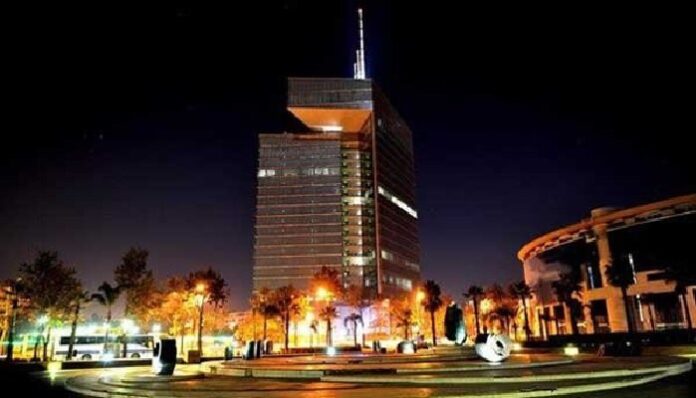Maroc Telecom customers were in for a pleasant surprise recently when a simple, no-frills message landed in their inboxes: “Maroc Telecom boosts your Fiber!” Behind the short announcement was a major upgrade—effective immediately, all fiber subscribers were getting significantly faster internet speeds, free of charge and with zero action required on their part. More than just a goodwill gesture, the move sends a clear signal in a telecom sector undergoing rapid transformation.
Starting April 20, 2025, the upgrade began rolling out automatically. Customers on the 100 Mbps plan were bumped up to 200 Mbps, while those with 200 Mbps saw their speeds leap to a blazing 1 Gbps. There’s no need for contract changes, no hidden fees, and no fine print. The rollout is staggered but already in motion, and some users have noticed the boost firsthand.
This isn’t Maroc Telecom’s first time enhancing its fiber offer without raising prices—it did something similar back in 2017. But today’s market landscape is far more competitive. The pressure is mounting, especially after a game-changing partnership was announced between Maroc Telecom and rival operator Inwi. The two companies are joining forces to co-develop fiber infrastructure across Morocco, a rare collaboration in a sector typically defined by fierce competition.
The joint venture aims to supercharge the expansion of both high-speed fixed internet and mobile connectivity—particularly 5G—across the country. In that context, the speed upgrade is more than a marketing move; it’s a strategic step designed to encourage wider adoption of fiber and build customer loyalty as competitors ramp up their offerings.
Alongside the faster internet, Maroc Telecom is expanding its service bundle. All fiber users, regardless of their specific plan, will now enjoy unlimited calls to landlines nationwide. Select packages also include free hours for mobile calls, making the entire offer more appealing for households looking to consolidate services.
Whether it’s lag-free gaming, smooth streaming, or seamless remote work, the new speed tiers are clearly designed to elevate the user experience. And the way Maroc Telecom is going about it—no renewals, no paperwork—shows it’s listening to customers who increasingly value simplicity, reliability, and transparency in their internet services.
By doubling fiber speeds without tacking on extra costs, Maroc Telecom is not just improving service—it’s reshaping expectations. It’s a bold move that puts competitors on notice and reinforces fiber as a modern, future-ready technology.
In a country where access to high-speed internet still varies widely depending on location, this initiative could help close the digital divide. The big question now is whether other providers will match the upgrade—or answer with their own disruptive plays.




